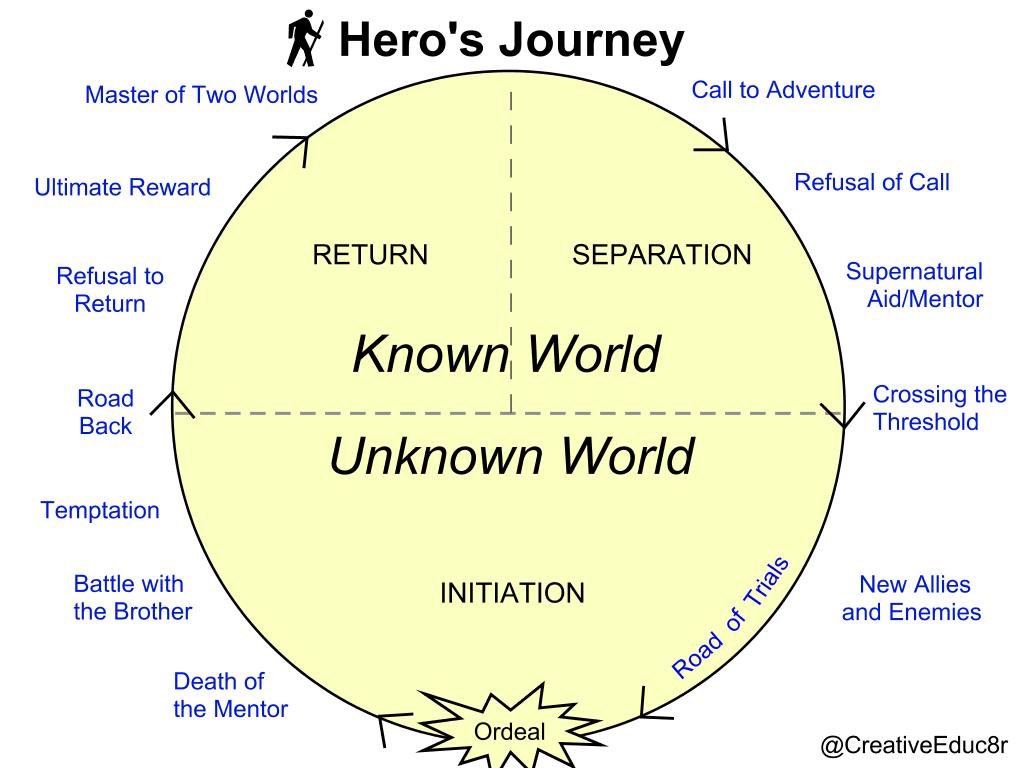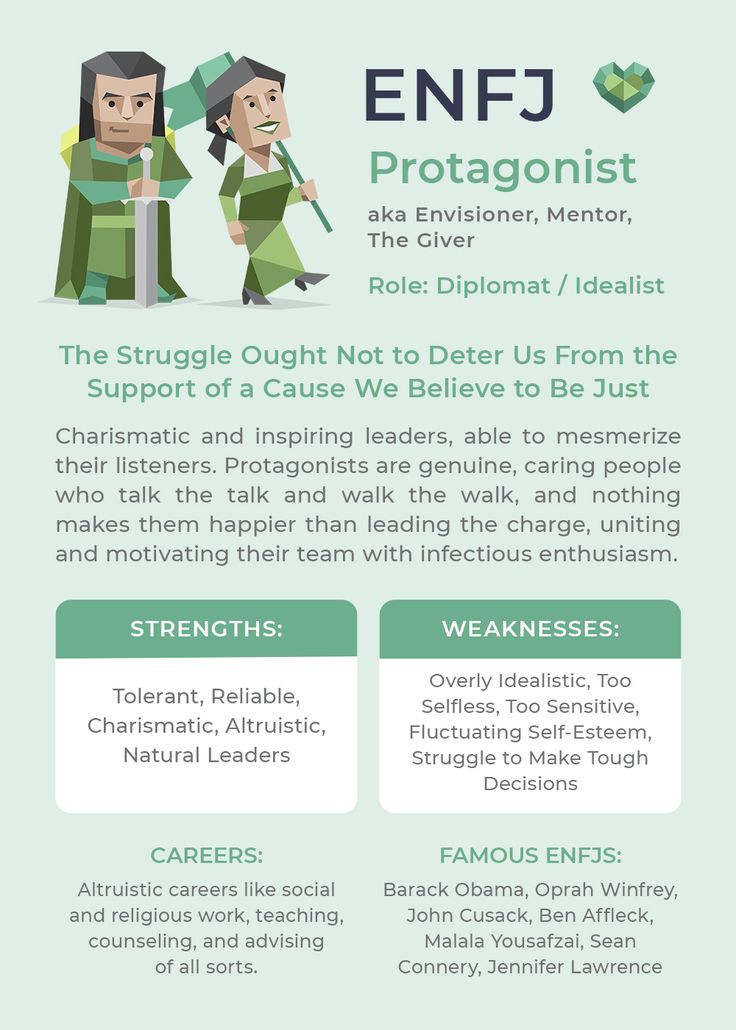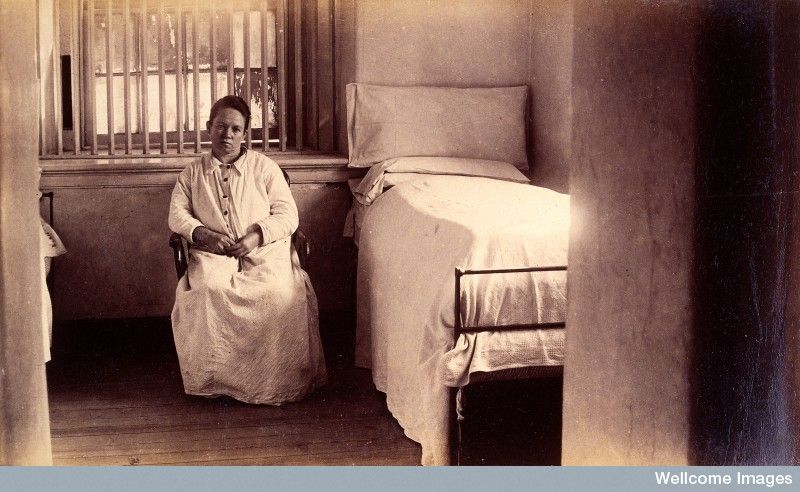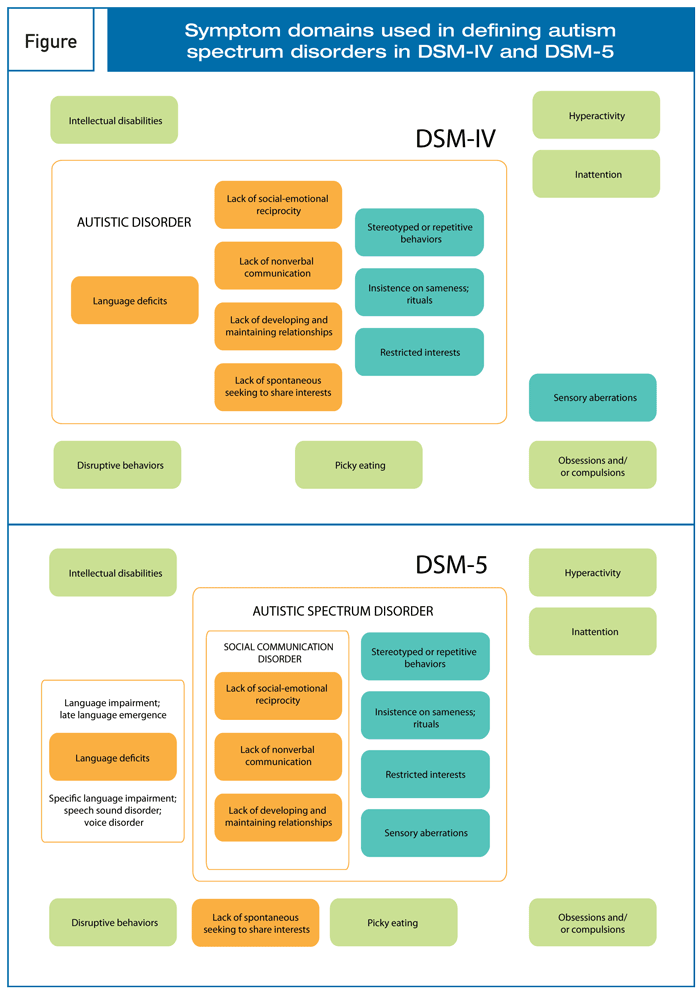Why do my parents fight all the time
How to deal with your parents fighting all the time | Families
Hearing or experiencing your parents always fighting at home is a really horrible situation to be in. It's normal to feel sad, worried, stressed and even angry. While there's a whole stack of things you can't control in the situation, there are a few things you can do to help you cope and feel a bit better.
Create some boundaries
Remember that you’re not responsible for your parents’ conflict and it’s not your job to ‘fix’ it for them. It’s not your fault that this is happening and you don’t have to take sides.
Create your own safe space
When your parents are fighting, this can make you feel upset, angry, anxious, down, irritable or stressed. If you can, go to another room or somewhere you feel safe and secure. You could listen to music, or play a game with earphones in, so you can’t hear the fighting.
Do something that makes you feel good
When you’re going through something like your parents fighting all the time, looking after yourself is extra important. If you prioritise what makes you feel good day-to-day, you’ll be more resilient and feel better equipped to deal with those ‘Ah, crap, they’re at it again’ moments that aren’t so good.
Have a plan to do things you enjoy every day. Think about which ones you can do easily to distract yourself when your parents are fighting. For example, you could put on your headphones and listen to music or play a game, read a book, message a friend or do some drawing. These activities are discreet and won’t attract any extra attention to you. If you’re able to leave the house, you could take the dog for a walk or meet up with a friend.
Go somewhere else
If you have a trusted neighbour, friend or relative close by, you could ask if you can drop by. Even the time you spend getting there can help to clear your head. If there’s someone who knows that your parents often fight, you could ask them whether you could come round whenever the situation at home gets intense.
Your local community might have a public library, park or basketball courts that you could also go to. Try a few places until you find somewhere you feel safe that you can go to if you need to.
Try a few places until you find somewhere you feel safe that you can go to if you need to.
Talk to someone about it
Get support from someone you trust. It could be a sibling (if you have one), a friend, a relative, a GP or a counsellor. Your school, uni/TAFE or workplace might have a support person available.
If you’d prefer to talk to someone you don’t know, you could try using a hotline or online chat service, or share what’s happening with you on an anonymous forum such as the ReachOut Forums.
You might worry that if you talk to someone, you could get into trouble or it could break up your family – that’s not down to you. If you need support, don’t be afraid to ask for it.
What if home isn’t safe anymore?
If things are getting intense or you don’t feel safe at home with your parents, check out our info on what to do when your home is no longer a safe place. There are also family services around Australia that you can contact if you need help.
What Happens to Children When Parents Fight — Developmental Science
When I was a child, my parents’ fights could suck the oxygen out of a room. My mother verbally lashed my father, broke jam jars, and made outlandish threats. Her outbursts froze me in my tracks. When my father fled to work, the garage, or the woods, I felt unprotected. Years later, when my husband and I decided to have children, I resolved never to fight in front of them.
“Children are like emotional Geiger counters,” says E. Mark Cummings, psychologist at Notre Dame University, who, along with colleagues, has published hundreds of papers over twenty years on the subject. Kids pay close attention to their parents’ emotions for information about how safe they are in the family, Cummings says. When parents are destructive, the collateral damage to kids can last a lifetime.
As a developmental psychologist I knew that marital quarreling was inevitable but I also knew that there had to be a better way to handle it. Cummings confirms: “Conflict is a normal part of everyday experience, so it’s not whether parents fight that is important. It’s how the conflict is expressed and resolved, and especially how it makes children feel that has important consequences for children.” Watching some kinds of conflicts can even be good for kids—when children see their parents resolve difficult problems, Cummings says, they can grow up better off.
Cummings confirms: “Conflict is a normal part of everyday experience, so it’s not whether parents fight that is important. It’s how the conflict is expressed and resolved, and especially how it makes children feel that has important consequences for children.” Watching some kinds of conflicts can even be good for kids—when children see their parents resolve difficult problems, Cummings says, they can grow up better off.
What is destructive conflict?
In their book Marital Conflict and Children: An Emotional Security Perspective, Cummings and colleague Patrick Davies from the University of Rochester identify the kinds of destructive tactics that parents use with each other that harm children: verbal aggression like name-calling, insults, and threats of abandonment; physical aggression like hitting and pushing; silent tactics like avoidance, walking out, sulking or withdrawing; or even capitulation—giving in that might look like a solution but isn’t a true one.
When parents repeatedly use hostile strategies with each other, some children can become distraught, worried, anxious and hopeless. Others may react outwardly with anger, becoming aggressive and developing behavior problems at home and at school. Children can develop sleep disturbances and health problems like headaches and stomachaches, or they may get sick frequently. Their stress can interfere with their ability to pay attention and create learning and academic problems at school. Most children raised in environments of destructive conflict have problems forming healthy, balanced relationships with their peers. Even sibling relationships are adversely affected—they can become overinvolved and overprotective of each other, or distant and disengaged.
Some research suggests that children as young as six months register their parents’ distress. Studies that follow children over a long period of time show that children who were insecure in kindergarten because of their parents’ conflicts were more likely to have adjustment problems in the seventh grade. A recent study showed that even 19-year-olds remained sensitive to parental conflict. Contrary to what one might hope, “Kids don’t get used to it,” says Cummings.
A recent study showed that even 19-year-olds remained sensitive to parental conflict. Contrary to what one might hope, “Kids don’t get used to it,” says Cummings.
In 2002, researchers Rena Repetti, Shelley Taylor, and Teresa Seeman at UCLA looked at 47 studies that linked children’s experiences in risky family environments to later issues in adulthood. They found that those who grew up in homes with high levels of conflict had more physical health problems, emotional problems, and social problems later in life compared to control groups. As adults, they were more likely to report vascular and immune problems, depression and emotional reactivity, substance dependency, loneliness, and problems with intimacy.
Some parents may think that they can avoid impacting their children by giving in, or capitulating, to end an argument. But that’s not an effective tactic. “We did a study on that,” Cummings said. According to parents’ records of their fights at home and their children’s reactions, kids’ emotional responses to capitulation are “not positive. ” Nonverbal anger and “stonewalling”—refusing to communicate or cooperate—are especially problematic.
” Nonverbal anger and “stonewalling”—refusing to communicate or cooperate—are especially problematic.
“Our studies have shown that the long-term effects of parental withdrawal are actually more disturbing to kids’ adjustment [than open conflict],” says Cummings. Why? “Kids understand hostility,” he explains, “it tells them what’s going on and they can work with that. But when parents withdraw and become emotionally unavailable, kids don’t know what’s going on. They just know things are wrong. We’re seeing over time, that withdrawal is actually a worse trajectory for kids. And it’s harder on marital relationships too.”
Kids are sophisticated conflict analysts; the degree to which they detect emotion is much more refined than parents might guess. “When parents go behind closed doors and come out acting like they worked it out, the kids can detect that,” says Cummings. They’ll see you’re pretending. And pretending is actually worse in some ways. As a couple, you can’t resolve a fight you’re not acknowledging you’re having. Kids will know it, you’ll know it, but nothing will be made in terms of progress.”
Kids will know it, you’ll know it, but nothing will be made in terms of progress.”
On the other hand, he says, “When parents go behind closed doors and are not angry when they come out, the kids infer that things are worked out. Kids can tell the difference between a resolution that’s been forced versus one that’s resolved with positive emotion, and it matters.”
How do researchers study conflict?
Researchers use several methods to see how parents’ conflicts affect their children, in the home and in the laboratory. At home, parents are trained to keep records or diaries of their fights, including when they fought, what they fought about, the strategies they used, and how they thought their children reacted. In the laboratory, parents are recorded while discussing a difficult topic, and their strategies are analyzed. Children are shown videotapes of adults’ or even their own parents’ conflicts and are asked about their reactions: How would you feel if your parents did that; how would you describe what your parents are doing? Some studies also gather information from teachers, school records, or even record children’s physiological responses while watching a videotape of adults or their own parents fighting.
In a remarkable 20-year old study of interparental conflict and children’s stress, anthropologists Mark Flinn and Barry England analyzed samples of the stress hormone cortisol, taken from children in an entire village on the east coast of the island of Dominica in the Caribbean. Children who lived with parents who constantly quarreled and fought had higher average cortisol levels than children who lived in more peaceful families. As a result, they frequently became tired and ill, they played less, and slept poorly. Overall, children did not ever habituate, or “get used to,” the family stress. In contrast, when children experienced particularly calm or affectionate contact, their cortisol decreased. Both animal and human studies show that chronic activation of the stress response can change the architecture of a developing brain: turning on or off genes that regulate stress; damaging the hippocampus which can lead to impairments in learning and memory as well as the stress response; and interfering with myelination of the brain which affects the quality of nerve signal transmission.
The long-term protection of constructive conflict
“Some types of conflicts are not disturbing to kids, and kids actually benefit from it,” says Cummings. When parents have mild to moderate conflict that involves support and compromise and positive emotions, children develop better social skills and self-esteem, enjoy increased emotional security, develop better relationships with parents, do better in school and have fewer psychological problems.
“When kids witness a fight and see the parents resolving it, they’re actually happier than they were before they saw it,” says Cummings. “It reassures kids that parents can work things through. We know this by the feelings they show, what they say, and their behavior—they run off and play. Constructive conflict is associated with better outcomes over time.”
Even if parents don’t completely resolve the problem but find a partial solution, kids will do fine. “Compromise is best, but we have a whole lot of studies that show that kids benefit from any progress toward resolution,” says Cummings.
Fighting escalates when partners become parents.
According to family therapist Sheri Glucoft Wong, of Berkeley, California, just having children creates more conflicts, even for couples who were doing well before they became parents. “When kids show up, there’s less time to get more done,” she says. “All of a sudden you’re not as patient, not as flexible, and it feels like there’s more at stake. People who make that adjustment successfully talk about it. They make the implicit explicit. Have compassion,” she adds.
What do parents fight about?
“I’ve been doing family therapy for four decades, and digital issues have really, really added new challenges to families,” says Glucoft Wong. “How much screen time is okay, can kids text in the car, expectations about immediate connectivity, and resentment when someone doesn’t return a call right away. Couples’ relationship time is diminished because partners are spending more time interacting with online relationships, dinnertime conversations are interrupted to fact-check, and entertainment is constantly available. There is a whole new etiquette to work out.”
There is a whole new etiquette to work out.”
“Roommate issues” are the second big category, according to Glucoft Wong: who does what, when; comings and goings; sleeping times and arrangements, and carving out time for the parents to connect with each other. And finally, there are the usual issues of money, in-laws, friends, values, parenting, discipline, and roles.
Should parents work out their conflicts in front of their kids?
Both researcher Cummings and therapist Glucoft Wong are circumspect. Cummings: “You should be careful about the fights you have in front of your kids. What our research is showing is that parents tend to have worse fights in front of their kids. They’re unable to regulate themselves.”
Glucoft Wong’s philosophy is that home is a training ground for real life: “Little eyes are watching, and little ears are listening,” she says.
Both Cummings and Glucoft Wong agree that children can benefit if parents manage conflict well. “Parents should model real life…at its best,” says Glucoft Wong.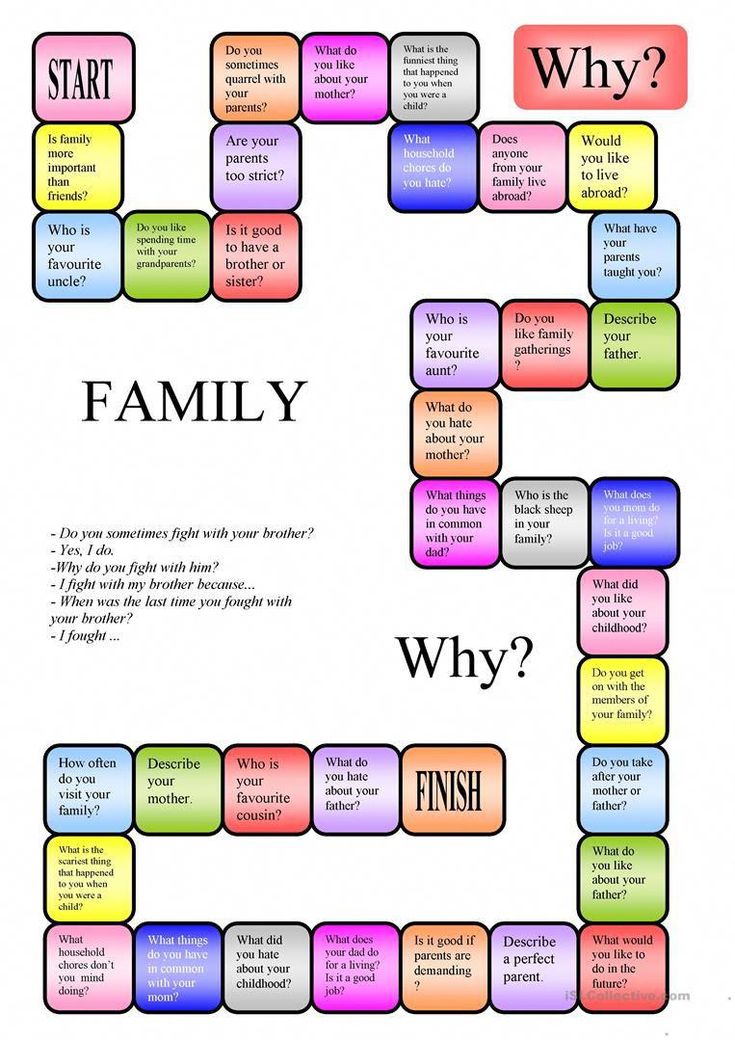 “Let them overhear how people work things out and negotiate and compromise.” But both agree that some content is best kept private. Discussions about sex or other tender issues are more respectfully conducted without an audience. Glucoft Wong encourages parents to get the help they need to learn to communicate better—from parenting programs, from books, or from a therapist.
“Let them overhear how people work things out and negotiate and compromise.” But both agree that some content is best kept private. Discussions about sex or other tender issues are more respectfully conducted without an audience. Glucoft Wong encourages parents to get the help they need to learn to communicate better—from parenting programs, from books, or from a therapist.
My own parents’ conflict no longer has the hold on me that it once did, thanks to careful work and a loving marriage of my own of thirty years. Our two daughters are now in their twenties and forming partnerships of their own, and I hope that the lessons of their childhood hold. When they were preschoolers and interrupted our disagreements with concern, my husband and I would smile and reassure them with our special code: I held my thumb and finger an inch apart and reminded them that the fight was this big, but that the love was this big – and I held my arms wide open.
Tips for Resolving Conflict
Glucoft Wong shares her top five tips to help parents resolve conflict, maintain a loving relationship, and role-model effective problem-solving for children:
Lead with empathy: Open the dialog by first letting the other person know that you see them, you get them, and you can put yourself in their shoes.
 Example: “I know it must be hard to leave work….”
Example: “I know it must be hard to leave work….”Give your partner the benefit of the doubt. Assume the best intentions and help yourself remember that you love each other by adding an endearment. Example: “I know you didn’t mean to team up with the kids against me, Sweetheart….”
Remember that you’re on the same team. Deal with issues by laying all the cards on the table and looking at them together to solve a dilemma rather than digging in on opposing sides. Then problem-solve with one another. That way you both “own” the solution.
Constructive criticism only works when your partner can do something about what happened. If the deadline for soccer signup was already missed, remedy the current situation as best as possible and talk about how to do it better next time. Blaming won’t fix anything that’s already happened.
Anything that needs to be said can be said with kindness. Disapproval, disappointment, exasperation—all can be handled better with kindness.

Parents constantly quarrel in front of the child - what to do?
It happens that spouses often conflict with each other, but continue to live together. And children become witnesses of their scandals and quarrels. What should a child do if parents constantly swear? How to stop being afraid and feeling guilty? Nadezhda Dergacheva, a child and adolescent psychotherapist, answers these and other questions.
Question. I am 13 years old. My parents do not love each other, but continue to live together. They fight all the time, it's unbearable. What should I do?
Answer. Due to age, it can be difficult for children to separate themselves from parental figures: separation is a gradual process. Children are, as it were, in merger with mom and dad, this is normal.
It is also normal that children perceive parental conflicts as something threatening their own stability: for example, it may begin to seem that, having stopped loving each other, parents can stop loving them too. But it is important to remember that dad and mom can stop being husband and wife, but they will forever remain parents for their children, no matter how old they are. And if the parents ceased to understand or fell out of love with each other, the child is not to blame.
But it is important to remember that dad and mom can stop being husband and wife, but they will forever remain parents for their children, no matter how old they are. And if the parents ceased to understand or fell out of love with each other, the child is not to blame.
What should a child do if the parents constantly quarrel?
- Accept your feelings. It is important to honestly admit to yourself that the family situation causes you sadness, anxiety, sadness, irritation. Adolescents may feel angry or disappointed that close people do not find a common language, they may be frightened by the uncertainty associated with the future (what if the parents get divorced? how will we live then?).
- Do not blame yourself for parental conflicts . Realize that only adults decide how to interact with each other. A teenager should not participate in making this decision or be responsible for someone else's. Make a distinction between what's going on between your parents and what's going on between you and your parents.

- Don't try to fix your parents' relationship. Mediation in such stories gives children only the illusion of control over the situation. This is an attempt to cope with anxiety, which can turn into an unconscious manipulation of adults for a child. And in the end, it will only take away energy, will not lead to the desired result. The decision of adults hardly depends entirely on the efforts and desires of their children.
- However, it is still worth talking with your parents (or with each separately) about your feelings. Parents, at least , should be aware that you see what is happening, you care, this situation worries and hurts you.
- Try to communicate with each parent individually. If it is difficult for them to be together, then perhaps it is worth looking for options for joint leisure with each of them. Do something only with mom, go somewhere with dad. So you will have time for contact in a calm environment, and parents will have the opportunity to hear the child and stop thinking about difficulties for a while.
- Share your experience with a close adult . It can be relatives, a teacher, a coach, a school psychologist or a social center in your city - the main thing is that you trust these people. You can also contact the single helpline for children and adolescents: 8-800-2000-122.
- Find something to help you take your mind off your worries. For example, a hobby or business that brings joy. In any difficult life situations, it is important to have a source of positive emotions, some kind of support (but it must be something creative, not dangerous and not leading to addictions). Favorite business will not resolve the situation with conflicts in the family, but will stabilize your emotional background, give you confidence, give you the motivation to live and develop further, to strive for some results. That is, in the end it will help to switch.
Ask your question to Mel, and the editors will find someone who can answer it. Write to our social networks - we read all messages on the pages on Facebook, VKontakte and Odnoklassniki. You can also write to us on Instagram. Answers will be published in order of priority in the "Question - Answer" section. By the way, we do not disclose names, so questions can be anything (feel free!).
You can also write to us on Instagram. Answers will be published in order of priority in the "Question - Answer" section. By the way, we do not disclose names, so questions can be anything (feel free!).
Photo: shutterstock / wavebreakmedia
Parents fight all the time: I can't take it anymore
11/27/2020
“I want to hide, disappear, just not to hear it. I am constantly looking for an excuse to run away from home, so as not to be a witness to parental quarrels with screams, reproaches and insults. There is no more strength to endure. Help".
So fifteen-year-old Nastya (name changed) has been living for a whole year. And the reason for this is constant quarrels between parents.
Conflicts happen in every family, but sometimes the crisis drags on - quarrels and disputes become a constant way to sort things out, and then it is very difficult to be in such an environment. Anxiety increases, various fears appear, a sense of security disappears.
Psychologists of the Children's Helpline 8-800-2000-122 have prepared several recommendations on how to support yourself and protect yourself from negative experiences.
What to do if parents quarrel
- Do not interfere in the quarrel. If you are at home at the time of the conflict, find an excuse to leave. For example, you can take out the trash, go to the store. If relatives or friends live near you, call and find out if it is possible to come to visit them. Your task is to move away from the epicenter of the conflict, to protect yourself from negativity. If there is no way to leave the house, go to your room, close the door, listen to music on headphones and do something that will help you quickly switch attention.
- Maintain neutrality. Do not take the position of one of the parents - this will further spoil the relationship between them.
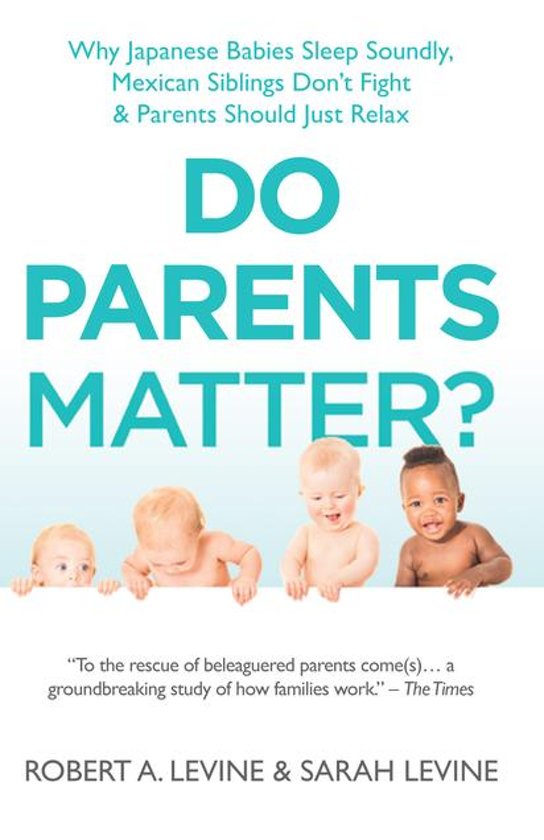 Make it clear to your parents that you will not participate in their quarrel and support someone.
Make it clear to your parents that you will not participate in their quarrel and support someone.
- Talk to parents. Just wait for the right moment. Immediately after the incident, this should not be done, as mom and dad will not be able to adequately perceive your words. Don't blame your parents for making you scared and anxious, but use the I-message technique to convey that it's hard for you to see your loved ones fight. Say that you will be grateful if they sort things out without you. Openly say that you are uncomfortable being at home and do not feel safe. Do not threaten to escape - this will create even more tension in the family.
- Call for support. Parental quarrels can be destructive, so don't discount the help of trusted relatives and friends. If the situation requires it, seek professional support as well. For example, you can go to the school psychologist or call Children's Helpline.

How to help parents
To help parents, you need to know the causes of a protracted conflict or apply universal methods.
- Banal fatigue often leads to quarrels. Adults have to solve a lot of problems, and sometimes there are moments when it becomes difficult to cope with all the tasks. There is irritability, capriciousness, dissatisfaction with what is happening. In this state, it is quite easy to break loose on a loved one, be rude, and not provide support.
Try to help your parents in everyday life, give them the opportunity to relax and be distracted.
- Quarrels may arise between close people due to differences in habits, attitudes towards household trifles, household duties. For example, for one of the parents it is important that all things stand in their place, while the other is comfortable in a creative mess. Through quarrels, parents learn each other's needs that they did not know about before, establish new rules in the family, and mark their boundaries.


